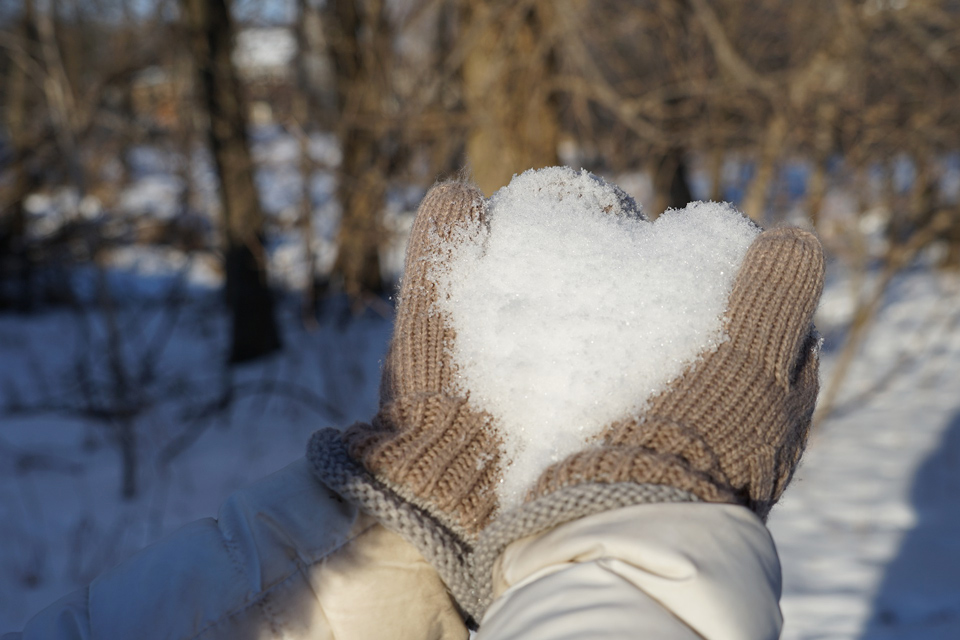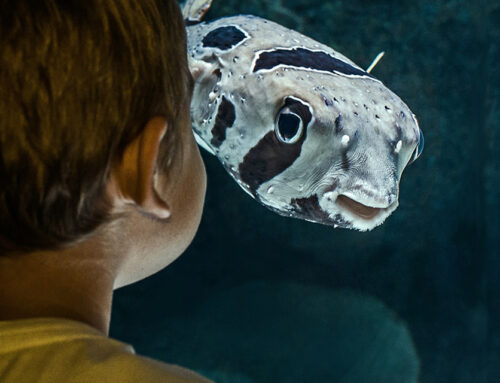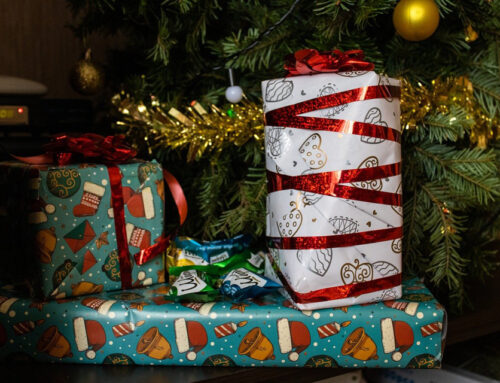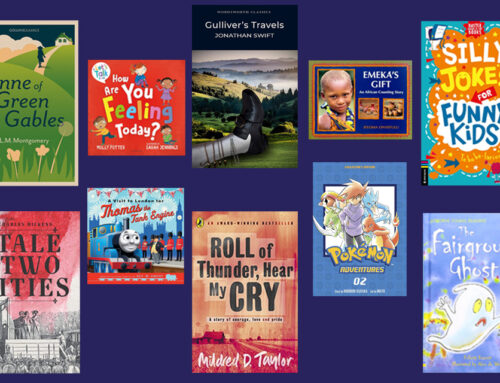Getting up on dark mornings, possibly craving more sleep, then braving the cold outside, can make even the most energetic child with high learning potential feel February’s bite. Warm your child’s heart and energise them with our ideas for brightening up this month.
World Wetlands Day (2nd February, 2020)
We have a lot of rain in the UK but, despite being vital ecosystems, our wetlands don’t receive as much attention. Visit one of these unique places: https://www.wwt.org.uk/wetland-centres
Hide in a bird hide: Can you challenge younger children to be quiet for more than five minutes, to watch for the more unusual bird species? February is a good month for listening to woodpeckers drumming on trees. Are there any predators or animal tracks nearby?
Microhabitats, tree planting and pollinating flowers are all examples of wetland conservation. How do you think these are created and work?
For KS3 & 4: Consider the effects of a Sustainable Drainage System – it doesn’t sound glamorous but it mimics natural wetlands. Can you name any and explain why they’re important? (Consider interconnected ponds, reedbeds, living green walls.)
Art: Younger children: make a leaf or twig raft using twigs, fallen leaves, string and scissors. Find twigs that will snap into similar lengths. Lay the sticks out side by side and tie them together side by side, wrapping a strand of string around each stick.
Older children: Sketch a wetland and, if you can, a profile of different planting there, or capture it in photographs.
Debate for KS3 & 4: “Extinction is part of evolution.” If that’s the case, should we bother to stop extinction?
For other ideas see PA409 Supporting High Learning Potential In Geography.
Chinese New Year (25th January-February 4th, 2020)
Although the festivities end on February 4th you could argue that you have a whole year to celebrate the Year of the Rat! If you have this animal for your Chinese Zodiac then you’re expected to be energetic and a quick thinker, with an ability to adapt to new situations. Read the legend: https://www.bbc.co.uk/bitesize/articles/zd9nd6f
Try the pronunciation of shu (rat) https://dictionary.hantrainerpro.com/chinese-english/translation-shu_rat.htm
If that piques your interest, consider learning Mandarin. https://bilingualkidspot.com/2019/08/06/chinese-learning-apps-for-kids/
The Chinese New Year is based on a new moon. Once every 19 years February doesn’t have a full moon. This happened in 2018. In other years February’s full moon is given the name of Snow Moon.
Darwin Day (12th February, 2020)
Discussion. This year, on Darwin Day, the TV presenter and naturalist Chris Packham will discuss whether humanity will survive the 21st century (https://humanism.org.uk/events/darwinday2020/). How much of Charles Darwin’s natural selection theory that the fittest survive will come into this? Could you argue from both a religious and non-religious point of view?
Watch. https://www.youtube.com/watch?v=T0B6os-6uuc (suitable for KS1-3).
For older children, the film Master and Commander (12A). How realistic is the surgeon and naturalist Maturin’s portrayal? Are there any similarities between him and the real Charles Darwin?
Find downloads here: https://www.stem.org.uk/resources/collection/3755/darwin-inspired-primary-school-materials
Did you know? Darwin once placed a jar of earthworms on his grand piano to see if they could hear. Visit the scene at https://www.english-heritage.org.uk/visit/places/home-of-charles-darwin-down-house
Advice sheet: PA412 Supporting High Learning Potential in RE Philosophy and Citizenship.
Pancake Day (25th February, 2020)
Thinking Maths: If we assume a pancake is a cylinder, a particular volume of batter could create a range of different diameters depending on the thickness. For example in theory how large would a pancake be if it was made from 50ml of batter and spread out to 1 micron thick?
Advice sheet: PA404 Supporting High Learning Potential In Mathematics (Secondary).
Or consider the Biscuit Quiz in Fun Secondary Science and Incredibly Hard Maths Puzzles https://potentialplusuk.org/index.php/product/fun-secondary-science-incredibly-hard-maths-puzzles/
Science: The appearance of a pancake depends on how water escapes the batter mix during cooking, varying with the batter’s viscosity or thickness. Make a thin and a thick batter, then cook each separately. Observe them cooking, what differences can you see? (e.g. the thin batter appears the same on top in colour but has a dark ring around the outer edge, where the batter is thinnest; the thick batter, may have craters on the bottom surface. Water vapour released during cooking is trapped, meaning that the pancake rises unevenly). See this science in action: https://youtu.be/wsFjIJMTUiE
Reading: younger children: ‘Rhinos Don’t Eat Pancakes’ by Anna Kemp. What other kind of animal do you think you’d like to share a pancake with and why?
Ages 8+: plenty of pancakes in ‘Finn Family Moomintroll’ by Tove Jansson.
Global eating: Children sample pancake varieties: https://www.youtube.com/watch?v=MrWAc3zvMRI
Pancake Tossing: Arm your child with a pancake and a light frying pan, set a timer and see how long or quickly they can flip their pancake. Can they beat chef Aldo Zilli’s record (117 flips in a minute)?
Religion & Philosophy: Eggs symbolise creation, flour the staff of life, salt for wholesomeness and milk for purity. What other foods have symbolic value? PA414 Supporting High Learning Potential in RE Philosophy and Citizenship
Digital Learning Day (27th February, 2020)
In the USA the 27th February is Digital Learning Day. Why not take the opportunity to use digital technology in new ways?
- Join an online learning group and have a conference call together, solving problems.
- Answer a quiz online such as Quizlet and test your scores against family and friends.
- Younger children: try out a robot like Artie 3000 to code and draw, or Botley – maybe you can persuade your school or home education club to buy one?
Unsure how to equip children with digital literacy and stay safe online? A wealth of resources is being developed at https://projectevolve.co.uk/
Top Time Out: Museum Picks
An enormous golden pineapple in Cambridge welcomes you to Feast & Fast, an exhibition about the history of food. See a Georgian confectioner’s workshop and European feasting table there, or at the website: https://feast-and-fast.fitzmuseum.cam.ac.uk/about/
On the 19th February, 2020 a journey through light and dark: https://www.museums.cam.ac.uk/events/twilight_museums
National Science & Media Museum, Bradford: Play and preview some new CBBC game releases from Danger Mouse, Worst Witch and The Next Step; or enjoy a coding gameshow: https://www.scienceandmediamuseum.org.uk/whats-on/cbbc-games-half-term For young adults consider the Yorkshire Games Festival (same venue), 5-9 February, 2020.
Cartoons involve a lot of painstaking creation. Suitable for all ages, in Swansea: https://museum.wales/swansea/whatson/10978/Cartn-Cymru/
Or for National Storytelling Week, 1-8 February, 2020, immerse yourself in a medieval royal court: https://museum.wales/stfagans/whatson/11001/National-Storytelling-Week-Discover-traditional-tales-from-Wales/
Home educators near Bristol: Bristol Museum & Art Gallery, 19 February,2020. Children 7-11 years old can earn a Discover Arts Award experimenting with art materials, creating a self-portrait and discussing painting composition and technique. https://www.bristolmuseums.org.uk/bristol-museum-and-art-gallery/whats-on/arts-award-discover-in-a-day-for-home-educating-families/
Hear how Edinburgh’s surgeons and physicians lived and worked on a walking tour through the city’s old town. Minimum age 10, runs until March 2020: https://museum.rcsed.ac.uk/news-and-events/events/2020/march/blood-and-guts-the-twists-and-turns-of-edinburghs-medical-history-walking-tour







